The politics of the command line
Free software has lead to communities of diverse individuals forming to fight for a common cause.

Some claims have been more absurd than others. Consider the suit filed against the Free Software Foundation in Indiana in May 2005 by Daniel Wallace which claimed that the GPL was "an illegal attempt to fix prices at zero". Or, look to the SCO Group's claim for $6 billion from IBM, for making Linux "ready for enterprise use" with technologies that had been "misappropriated" from Unix, to which SCO claimed the rights - wrongly so, as it later transpired.
SCO alleged "misappropriation of trade secrets, unfair competition, breach of contract and tortious interference with SCO's business." For the defence, IBM had its considerable battery of lawyers, a huge portfolio of patents, Novell, Red Hat - and the volunteer services of the Linux and free software communities that gathered around the Groklaw website.
I'm fat and it's your fault
Groklaw was begun as the personal blog of Pamela Jones, best known as PJ, in which she could express her views as a paralegal on the issues of the day. The site emerged just as SCO began its legal action against IBM in 2003, and rapidly became a focus for Linux users, programmers and legal professionals in their mission to expose, understand and demystify the issues surrounding the case.
Before SCO, Jones was "just trying to learn how to use blogging software. I was startled to learn anyone was reading what I wrote," she says. "The first articles were not about SCO at all. I started covering the McDonald's 'I'm fat and it's your fault' litigation and Martha Stewart and whatever was in the news, just to have something to write about as I learned how blogging worked."
PJ's first article on the SCO case appeared in May 2003 under the title: "SCO Falls Downstairs, Hitting its Head on Every Step." In the years since then PJ and Groklaw can be credited with unearthing and exposing many of the flaws in SCO's case - most notably, obtaining and publishing the 1994 settlement in the USL vs BSDi case, which had been hidden from public view and played a significant role in undermining SCO's claims to the ownership of Unix.
"Then, when readers showed up, and I saw the media in general was taking SCO seriously, I began to realise what could happen. That was the creative moment, when I put all the pieces together and realised that my readers knew the tech. I knew how to explain what was happening in the litigation, and they knew where to find evidence that what SCO was saying wasn't likely to prove true."
Get the ITPro daily newsletter
Sign up today and you will receive a free copy of our Future Focus 2025 report - the leading guidance on AI, cybersecurity and other IT challenges as per 700+ senior executives
Big Blue looming
At the beginning the press was satisfied that SCO had a plausible case. SCO distributed a "Letter to Linux customers" which alleged that: "We have evidence that portions of UNIX System V software code have been copied into Linux and that additional other portions of UNIX System V software code have been modified and copied into Linux, seemingly for the purposes of obfuscating their original source." SCO's allegations had some adverse affect on the uptake of Linux in the enterprise.
Groklaw became a bridge between the techies, who understood the technology, and the lawyers, who were at one remove from the technical issues. As Jones puts it: "I was worried that the lawyers might not know the tech as well as we did, and my largest hope was that maybe somebody would notice what we were finding, and it might help.
"I had seen some court rulings that indicated to me that the judges didn't understand the tech, so they were getting things wrong. And I knew from working with lawyers that many of them are the last to grasp anything technical, so I realised that I could be a kind of bridge."
"I understood the tech enough to translate from the geek input for the lawyers; and I could translate the legal stuff to the tech guys, so everyone would understand what was happening. You can only get better case law if everyone understands the facts well, including the lawyers, who explain it all to the judge. My concept was that this could actually make the system work as intended, by speeding up the learning curve."
-
 Bigger salaries, more burnout: Is the CISO role in crisis?
Bigger salaries, more burnout: Is the CISO role in crisis?In-depth CISOs are more stressed than ever before – but why is this and what can be done?
By Kate O'Flaherty Published
-
 Cheap cyber crime kits can be bought on the dark web for less than $25
Cheap cyber crime kits can be bought on the dark web for less than $25News Research from NordVPN shows phishing kits are now widely available on the dark web and via messaging apps like Telegram, and are often selling for less than $25.
By Emma Woollacott Published
-
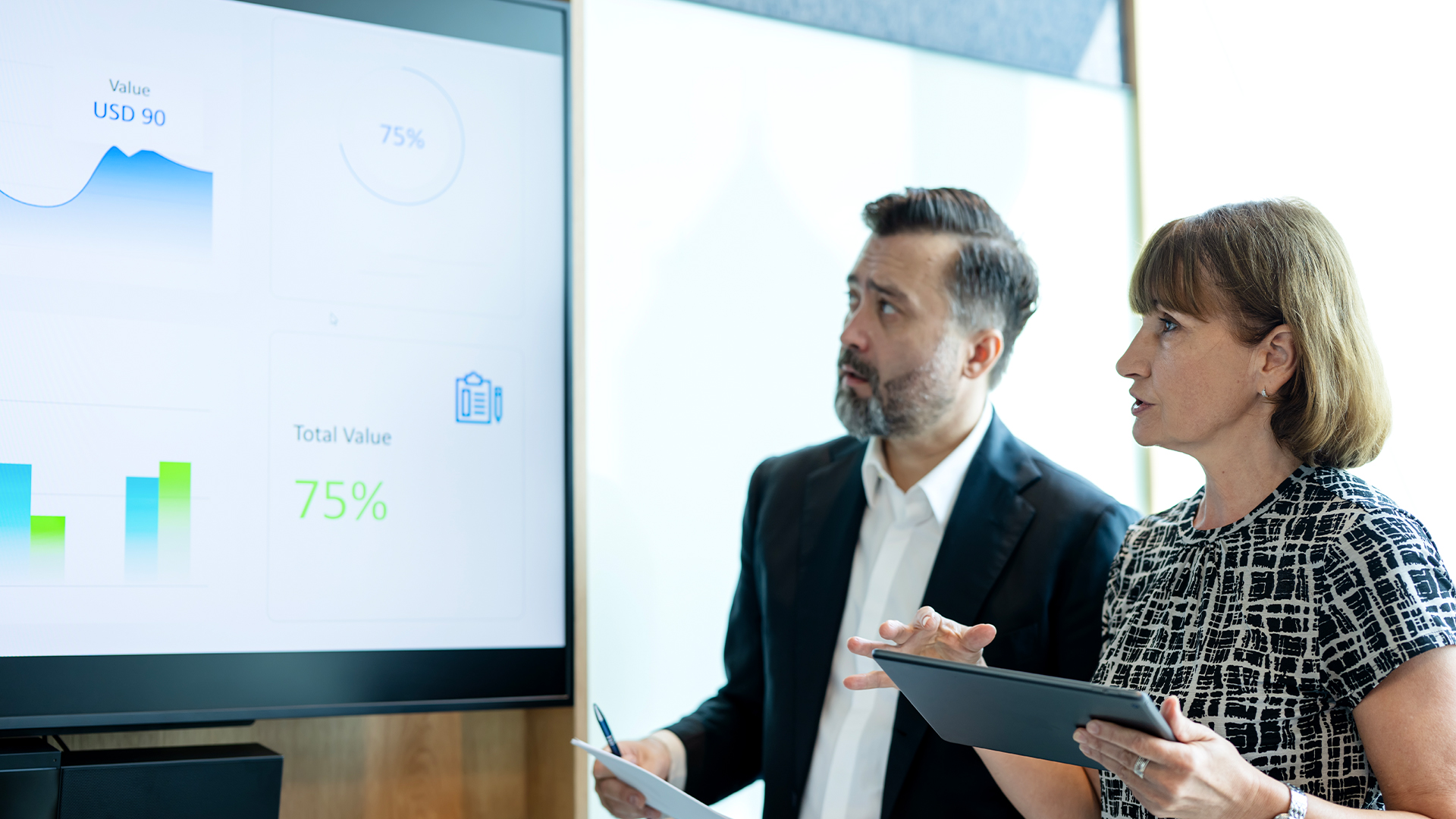 Enterprises are doubling down on IT optimization strategies – and it’s delivering huge financial returns
Enterprises are doubling down on IT optimization strategies – and it’s delivering huge financial returnsNews Organizations that have cracked IT cost optimization and innovation reap the rewards both financially and in terms of time to market.
By Emma Woollacott Published
-
 Unlock the potential of LATAM’s booming crypto market
Unlock the potential of LATAM’s booming crypto marketwhitepaper Strategic pathways for crypto companies looking to expand into Latin America
By ITPro Published
-
 The online cash revolution
The online cash revolutionwhitepaper Why adding eCash to the checkout unlocks more growth
By ITPro Published
-
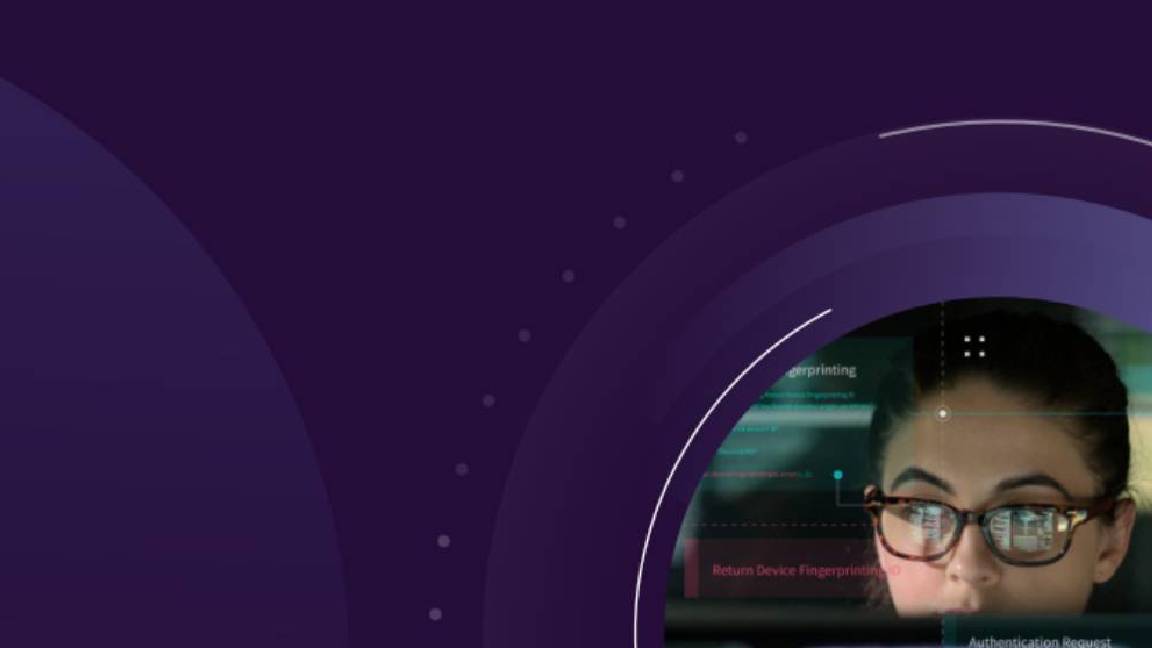 How payments support the growth of software platforms
How payments support the growth of software platformswhitepaper Discover how Paysafe can help drive the growth and success of your software platform
By ITPro Published
-
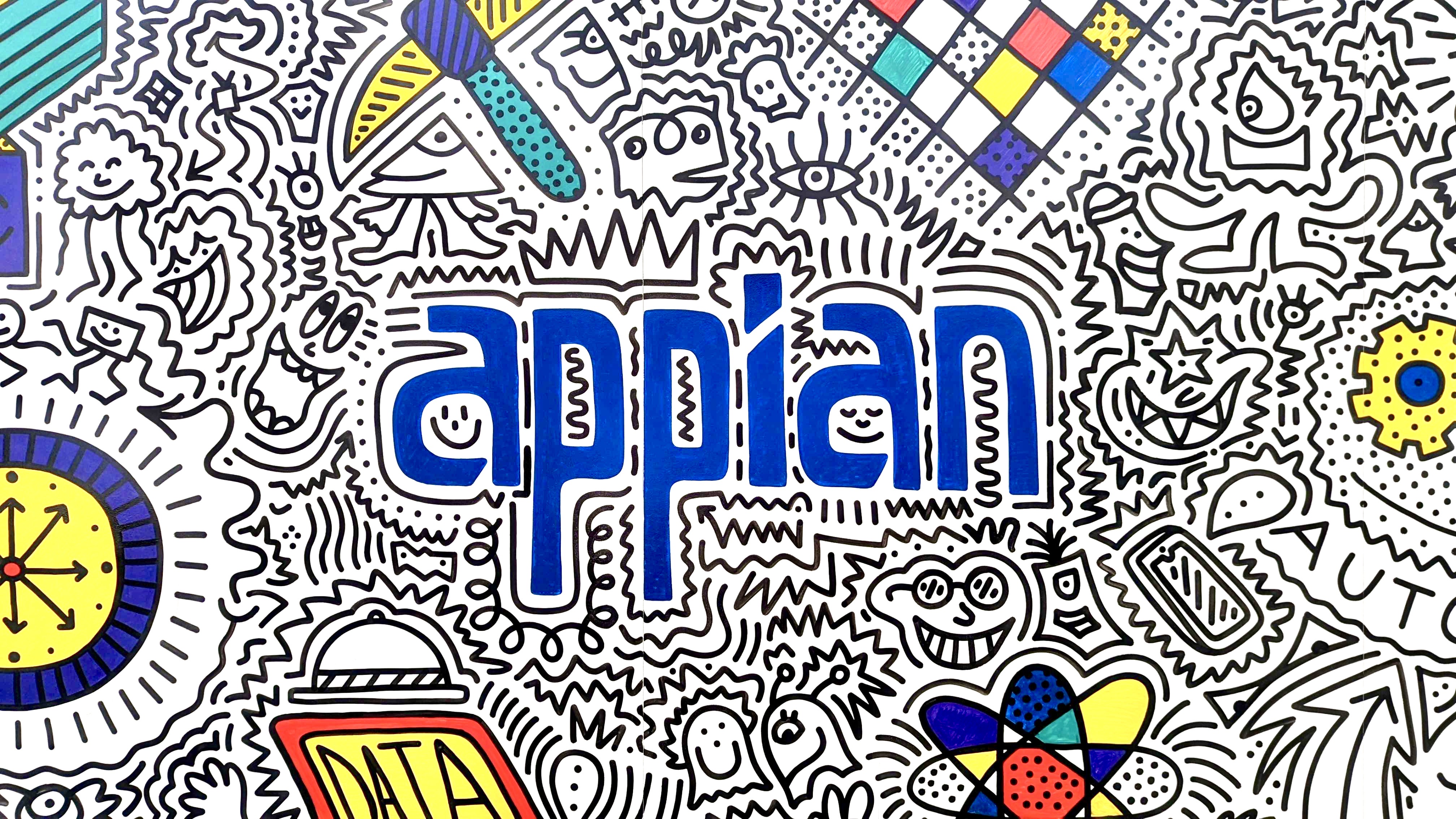 Appian wants to be the AI company for AI skeptics
Appian wants to be the AI company for AI skepticsAnalysis The firm outlines its AI strategy at Appian World 2023 while using ChatGPT and Midjourney to create scripts and imagery for keynote presentations
By Rory Bathgate Published
-
 What you need to know about the new features coming to Microsoft Teams Premium
What you need to know about the new features coming to Microsoft Teams PremiumNews Teams Premium will see users granted a range of exclusive tools to improve workflow and collaboration
By Ross Kelly Published
-
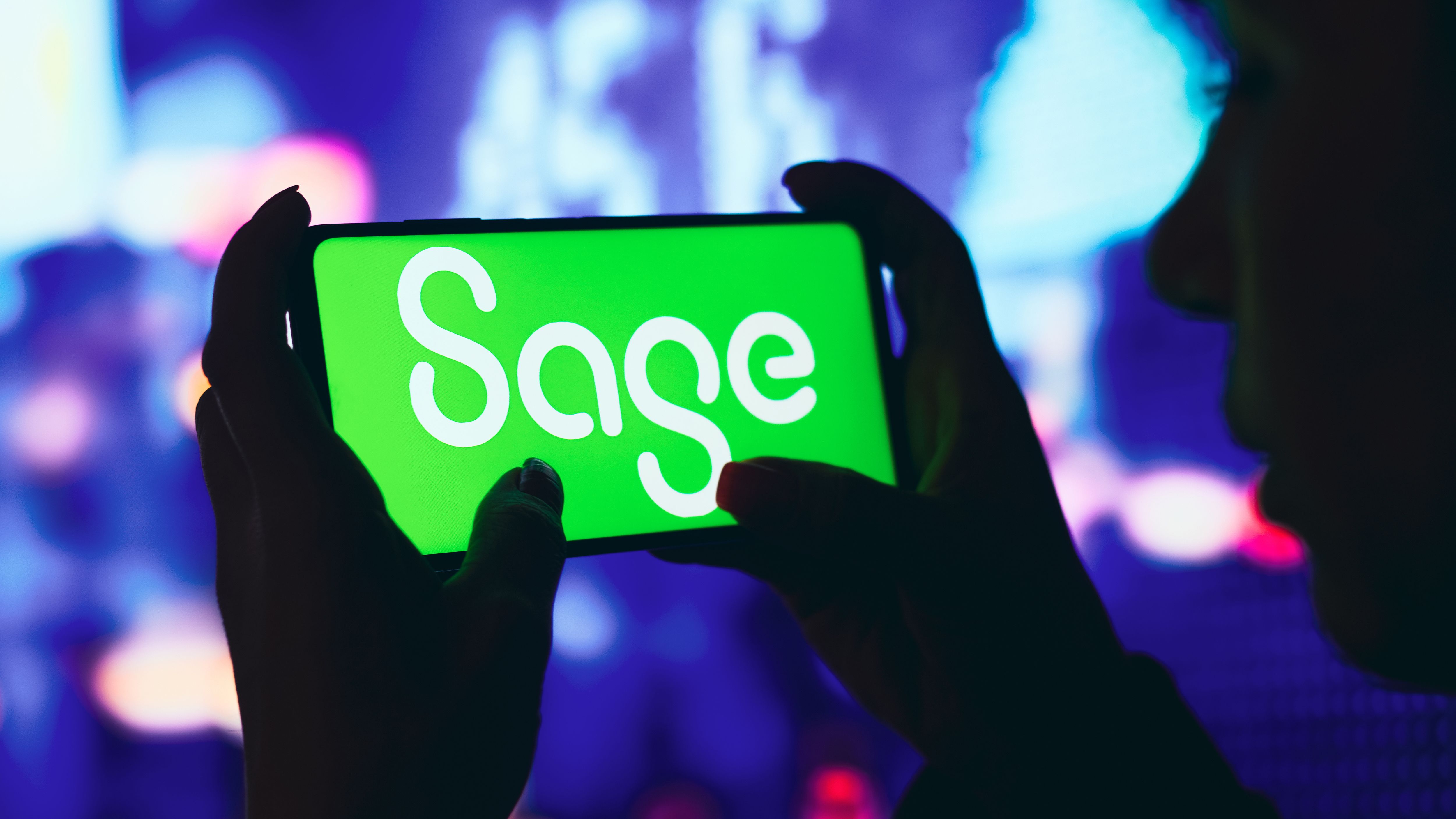 Small businesses lament Sage's monthly subscription changes amid rising costs
Small businesses lament Sage's monthly subscription changes amid rising costsNews A number of small businesses have raised concerns that changes to software subscriptions could impose a heavy financial toll
By Ross Kelly Published
-
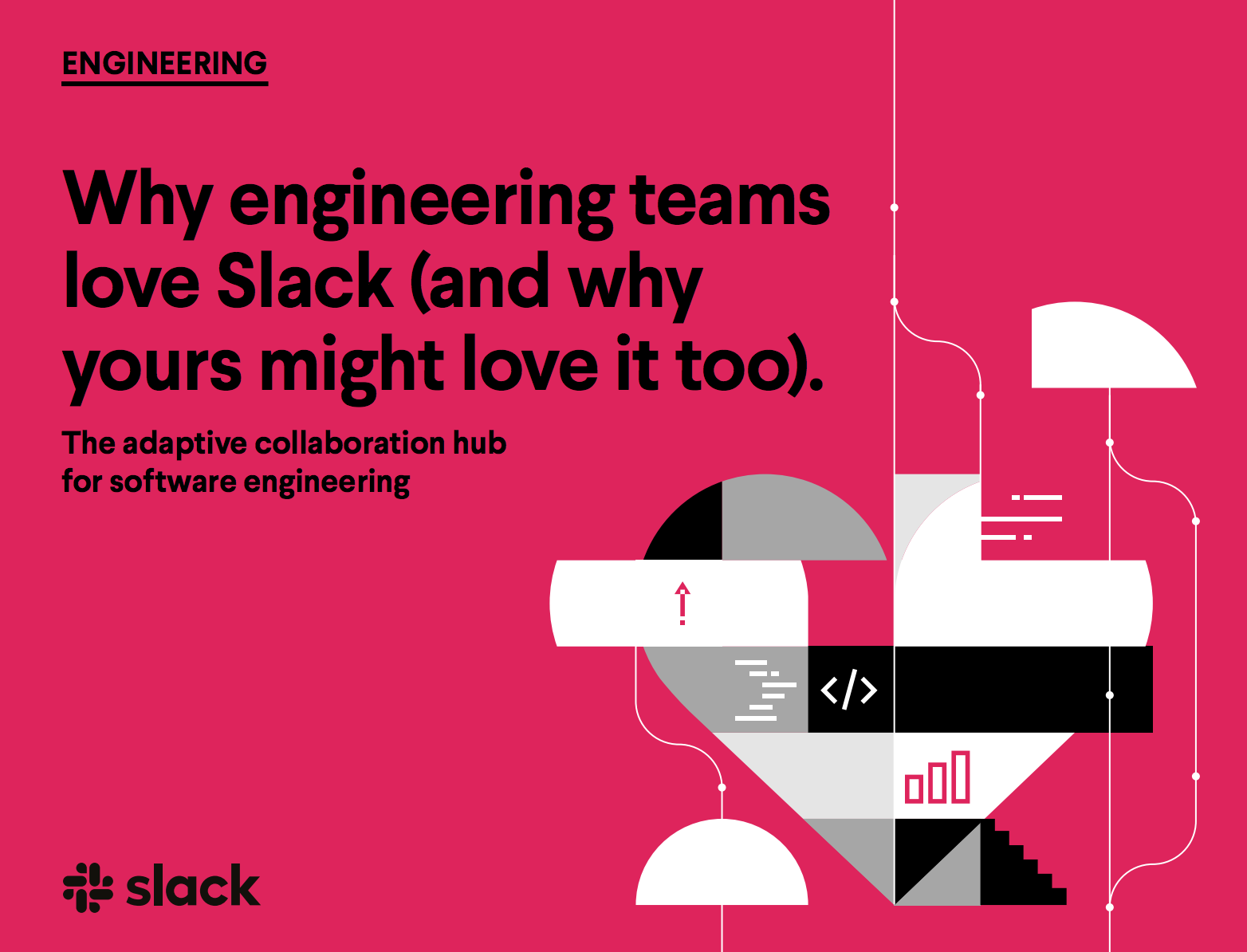 Why engineering teams love Slack
Why engineering teams love SlackWhitepapers The adaptive collaboration hub for software engineering
By ITPro Published